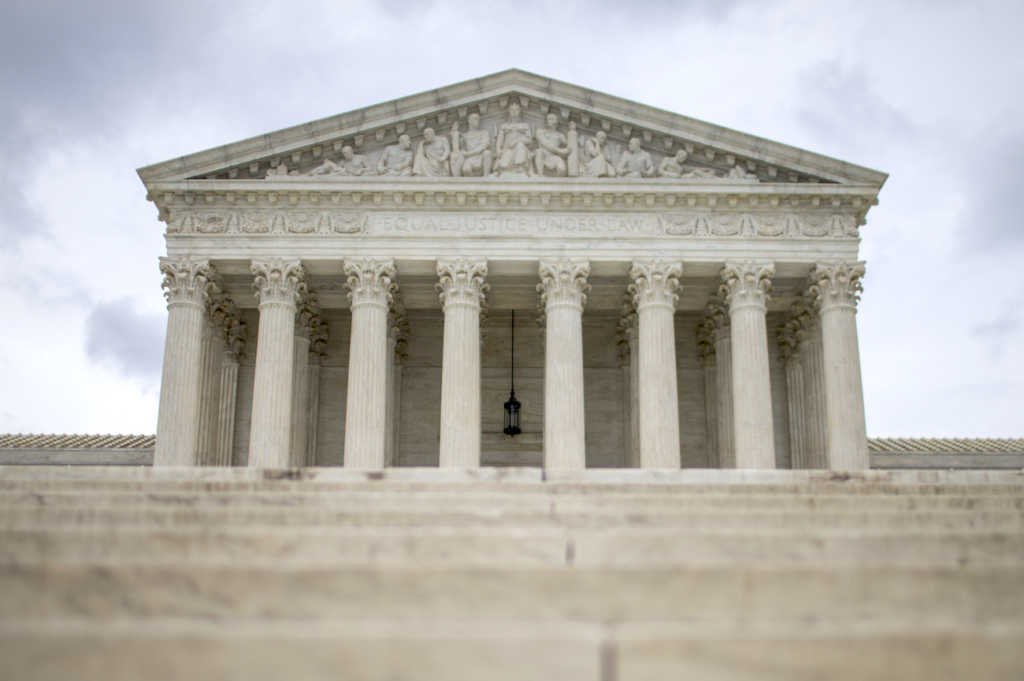Today, the Supreme Court agreed to take up a case focused on religious liberty involving the city of Philadelphia’s refusal to work with Catholic Social Services over their decision to not place children with same-sex couples.
In March of 2018, the city of Philadelphia stopped allowing foster children to be placed in homes of families that worked with Catholic Social Services. The city has threatened to completely terminate the relationship between the group and itself if they do not denounce their religious beliefs, endorse same-sex marriages, and place children in same-sex homes.
In April 2019, the Catholic Social Services brought the city of Philadelphia to a Third Circuit court, who ultimately denied their request for a preliminary injunction. Then in July 2019, Becket, a law group focused on religious liberty cases, requested the case to be moved to the Supreme Court.
On February 24, 2020, the Supreme Court agreed to review the case and will begin hearing arguments in the fall.
Why is this case important?
According to Becket, the case focuses on two specific issues: individual freedom and public square.
In regards to individual freedom, Becket argues, “religious organizations must be free to follow their faith in all aspects, including in the workplace. The government discriminates against a religious group if it prevents them from providing services based on their religious beliefs.”
Becket also points out that public square is a huge facet in this case.
“Faith-based organizations serve their neighbors and provide benefits to the community when they are able to operate in the public square,” the brief explains. “Religion in the public square is not a threat, but rather a natural expression of a natural human impulse.”
Lori Windham, a lawyer at Becket, wrote a series of tweets on Monday explaining the case and why it is important for religious liberties.
“The next big religious freedom case just landed at #SCOTUS. Philly is trying to shut down a 100-year-old Catholic ministry over the ministry’s religious beliefs about marriage,” she wrote.
Windham explained that Philadelphia is facing a foster care crisis, the city calling for more than 300 foster parents just days before they cut their relationship with the Catholic Social Services.
“Catholic Social Services has not stopped a single LGBT couple from fostering—there are lots of agencies in Philly, and nobody in the case knew of any time when an LGBT couple even asked for a foster care endorsement from Catholic Social Services,” she explained.
While this may be the first foster/adoption agency case to reach the Supreme Court, Windham pointed out that many agencies were shut down before they could even reach SCOTUS level.
“Three justices (Thomas, Alito, Gorsuch) voted to give this case emergency relief last year,” Windham wrote. That’s a really high standard—very encouraging sign for this case.”
“This case also involves lower courts declining to apply Masterpiece,” she pointed out. “SCOTUS may want to stop that emerging trend. This case also asks SCOTUS to revisit the Smith decision limiting free exercise. Four justices said earlier this year that they might do so. We will see next term starting in Oct. if this is the right vehicle for the Court to revisit Smith.”
On the opposing side, the ACLU has stepped in, arguing that if an organization accepts tax dollars they should be expected to follow the government’s conditions.
Leslie Cooper, deputy director of the ACLU LGBT & HIV Project, explained that the case has left foster children without homes.
“When agencies choose to accept taxpayer dollars to provide this critically important government service to children, the needs of children must come first,” Cooper explained. “This case could have profound consequences for the more than 400,000 children in foster care across the country. We already have a severe shortage of foster families willing and able to open their hearts and homes to these children.”
The Supreme Court will hear the arguments in the Fall of 2020.



